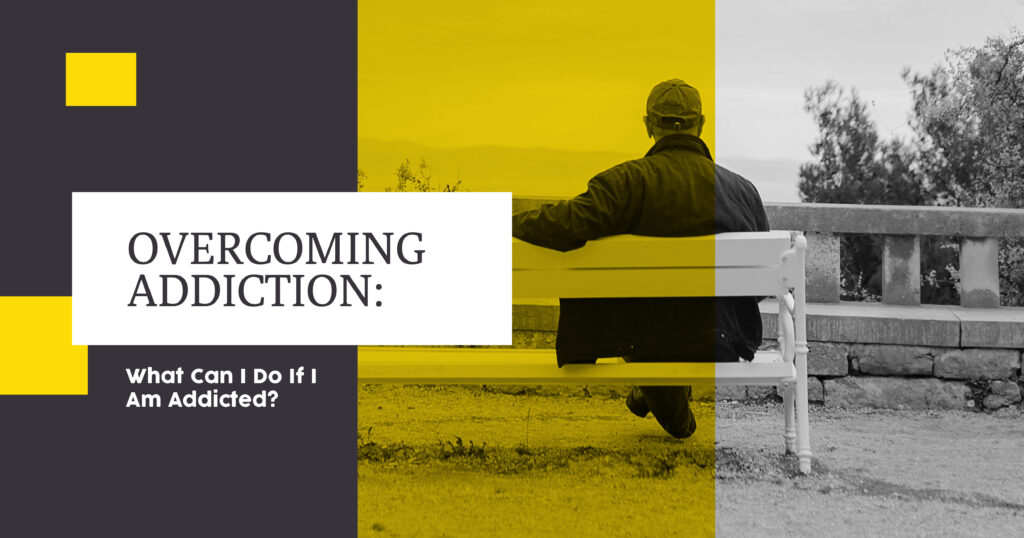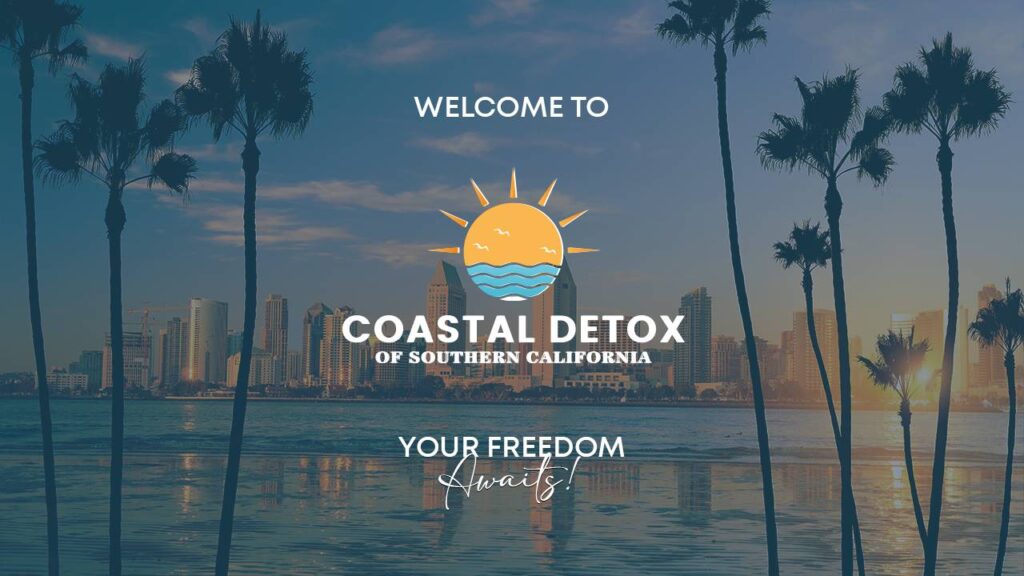
Addiction can be an incredibly difficult battle to face alone. Whether you are struggling with substance abuse, gambling, social media, or any other form of addiction, it’s important to understand that you are not alone. Many individuals have faced similar challenges and have successfully overcome their addictions.
In this article, we will discuss practical steps you can take if you find yourself asking, “What can I do if I am addicted?” Overcoming addiction requires commitment, perseverance, and a support network. By following the strategies outlined below, you will be equipped with the tools necessary to regain control of your life.
Understanding Addiction
Before outlining the steps to overcoming addiction, it is vital to understand addiction from a comprehensive perspective. Addiction is a complex condition characterized by compulsive engagement in harmful activities, despite the negative consequences it may have on one’s physical and mental well-being. Addiction often arises from a combination of genetic, environmental, and psychological factors.
Acknowledge and Accept Your Addiction
The first step toward overcoming addiction is acknowledging and accepting that you have a problem. Denial only perpetuates the cycle of addiction and prevents you from seeking the necessary help. By recognizing that you need assistance, you open the door to recovery.
Educate Yourself About Addiction and Its Effects
Take the time to learn about the specific addiction you are facing. Understanding the physical and psychological effects of addiction can provide you with a clearer understanding of the challenges ahead. Research reputable sources, attend support groups, or consult with professionals to gather accurate information.
Seeking Support and Treatment
Overcoming addiction often requires professional help and support. Don’t hesitate to reach out to others for guidance and assistance. Remember, you don’t have to face this battle alone.
Build a Support Network
Surround yourself with individuals who understand your struggle and can offer emotional support. Seek out friends, family members, or support groups specifically tailored to your addiction. Connecting with others who have experienced similar challenges can provide validation, encouragement, and valuable advice.
Consider Therapy and Counseling
Therapy and counseling can be immensely beneficial in addressing the underlying causes of addiction. A qualified professional can help you explore the root causes of your addiction, develop healthier coping mechanisms, and guide you through the recovery process. Cognitive-behavioral therapy, group therapy, and motivational interviewing are among the approaches often employed in addiction treatment.
Explore Medication-Assisted Treatment
For certain addictions, medication-assisted treatment (MAT) can be an effective option. MAT combines medication with therapy to address addiction. This approach can help alleviate withdrawal symptoms and reduce cravings, providing a better chance for successful recovery.
Implementing Healthy Coping Strategies
To break free from addiction, it is crucial to develop healthy coping strategies that replace destructive behaviors. Here are some practices and techniques that can assist you in this journey:
Identify Triggers and Create a Plan
Recognize the situations, emotions, or environments that trigger your addiction. By identifying these triggers, you can develop strategies to avoid or manage them effectively. This may include avoiding certain people or places, engaging in alternative activities, or seeking immediate support when triggered.
Practice Self-Care
Prioritize self-care activities that promote physical and emotional well-being. Engage in regular exercise, maintain a balanced diet, get sufficient sleep, and practice relaxation techniques such as yoga or meditation. Cultivating self-care habits can help restore balance and reduce the urge to rely on addictive behaviors as a form of escape.
Establish New Hobbies and Interests
Discover new hobbies and interests that provide fulfillment and joy in your life. Engage in activities that bring you a sense of purpose and achievement. Whether it’s painting, writing, playing a musical instrument, or joining a sports club, finding meaningful ways to occupy your time can make a significant difference in your recovery journey.
Frequently Asked Questions
Q: Can I overcome addiction on my own, without seeking professional help?
While it is possible to overcome addiction independently, seeking professional help significantly increases your chances of successful recovery. Professionals can provide the expertise, guidance, and resources necessary for a comprehensive healing process.
Q: Are support groups essential for overcoming addiction?
Support groups can be extremely beneficial, as they offer a sense of understanding, accountability, and peer support. Connecting with individuals who have faced similar challenges can provide invaluable insights and encouragement.
Q: Can I ever fully recover from addiction?
Recovery is a unique journey, and while addiction may always be a part of your life story, it does not define who you are. With the right support, healthy coping mechanisms, and a commitment to personal growth, it is possible to embrace a fulfilling, addiction-free life.
My experience was A1. All the medical staff and techs were amazing and super friendly as well as helpful. It felt like family. The housing is beautiful, as are all the new things I was able to experience such as cupping, yoga, reiki, and chiropractic. The food is delicious, and there’s a personal chef on site. Everything about that place is five-star. I’m extremely grateful for the experience.– Isaiah Garcia
In conclusion, overcoming addiction is a challenging but achievable goal. By acknowledging your addiction, seeking support, and implementing healthy coping strategies, you can break free from the clutches of addiction and embrace a life of recovery.
Remember, you are not alone on this journey. Reach out to professionals, support groups, and loved ones who are willing to provide the guidance and encouragement you need. Take one step at a time, and believe in your ability to create a brighter, addiction-free future. The Coastal Detox of Southern California is an intimate haven for those seeking to take the first step towards recovery. Composed of an entire team of highly trained substance abuse professionals in recovery, our team has dedicated its lives to assisting other addicts and alcoholics. We support you and have personal experience in overcoming the struggles you are currently facing.








